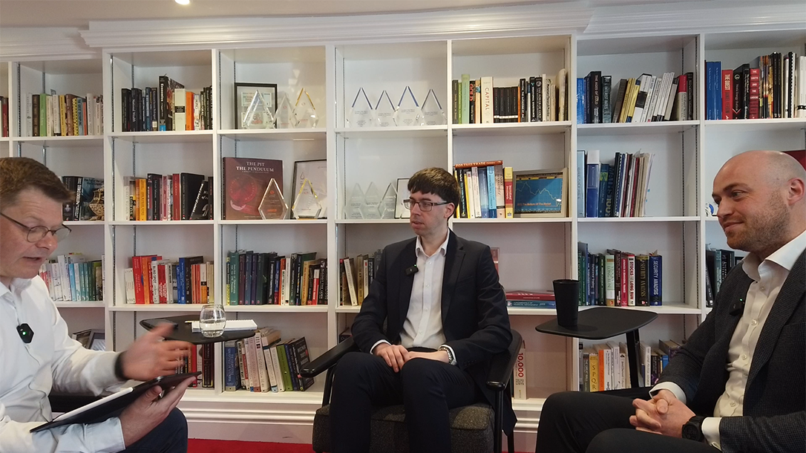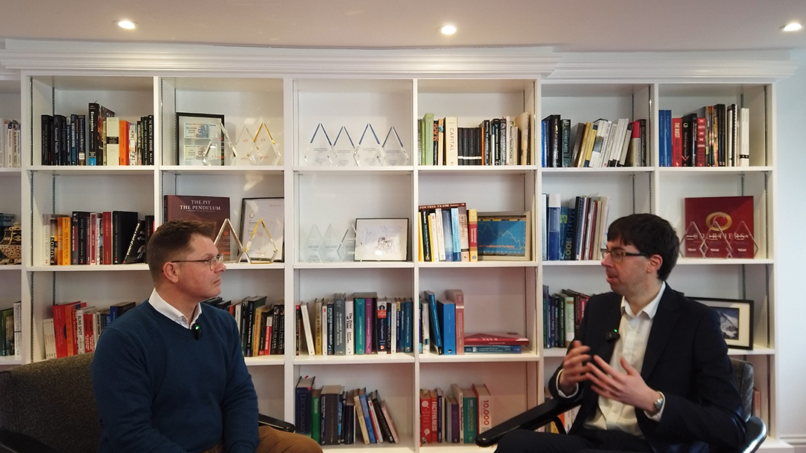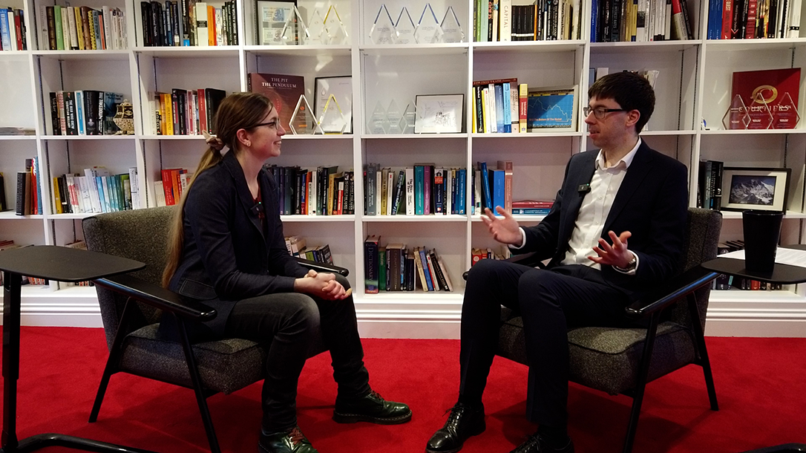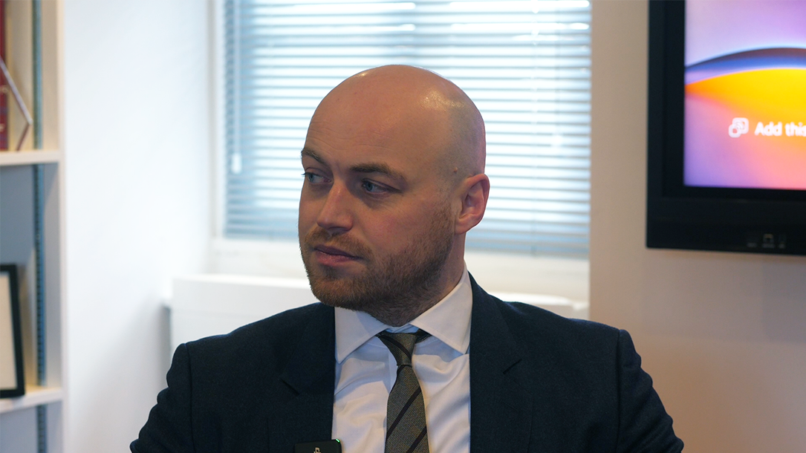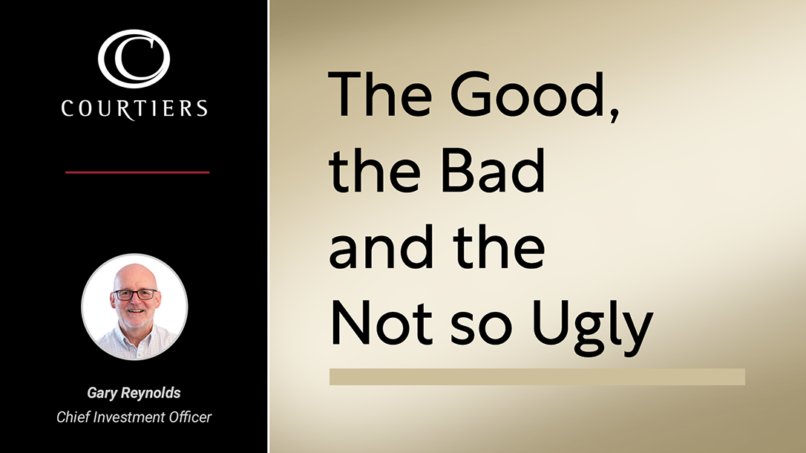The start of 2015 saw the Greek general election take place, and it was the left-wing Syriza party which emerged as the winner. Having narrowly missed out on winning an absolute majority in parliament, the party, led by Alexis Tsipras, formed an anti-austerity coalition with the Independent Greeks party. However, after months of loan extensions and bailouts from the EU, Tsipras resigned, prompting another election in September. The turnout was significantly lower this time round, but the result was the same, and Tsipras returned to power.
In March, inflation in the UK hit zero for the first time ever according to the Consumer Prices Index. It didn’t stop there as the rate went on to fall below zero two months later and UK prices were officially experiencing deflation. One of the main causes of these ongoing low levels of inflation is the significant drop in fuel prices, in particular oil, which fell by 35% over the course of the year.
The UK general election took place in May and despite the polls leading up to the election suggesting the result would be incredibly close, the Conservatives, led by David Cameron, managed to win with an unprecedented majority of the vote. The party secured 331 seats compared to Labour’s 232. The outcome resulted in the resignation of Ed Miliband from the Labour party, and later on in the year Jeremy Corbyn became the new Labour leader after outpolling his nearest rival, Andy Burnham, by more than three votes to one.
During the summer, the fears surrounding China’s slowing growth dominated the markets, and volatility reached an unprecedented peak in August. On one particular day, which was dubbed ‘Black Monday’ in a nod to the market crash of October 1987, the FTSE 100 index fell -4.67%, the Euro Stoxx 50 index lost -5.35% and the Shanghai Composite index plummeted -8.49%.
In December the US Federal Reserve announced that it would be increasing its base interest rate by 0.25%. It was a significant move as the rate had remained static for seven years, and it also marked the first rate increase in the US since 2006. The Chair of the Reserve, Janet Yellen, cited the continued low rate of inflation as one of the reasons for the hike, along with increased household spending and investment by businesses. Meanwhile the UK base rate has remained at 0.5% for over six years, and it remains to be seen whether that will change in 2016.
It was mostly a positive year for developed markets. US equities, measured by the S&P 500 index, rose +1.38% and European equities, measured by the Euro Stoxx 50 index returned +7.28%. UK large-cap equities fared less well, with the FTSE 100 index dropping -1.32%, but mid-cap and small-cap equities had a much more positive year, as the FTSE 250 (ex IT) index and the FTSE Small Cap (ex IT) index soared by +12.04% and +12.99% respectively. Japanese markets, measured by the Topix index, surged +12.06%.
Emerging markets weren’t so fortunate, as the MSCI Emerging Markets index declined -5.40%. The MSCI China index lost -7.68% and the MSCI Latin America index fell -8.48%. Indian markets also suffered, with the IISL Nifty 50 index losing -4.06%.
Fixed income returns were mostly positive last year. In the domestic market, the FTSE Gilts All Stocks index grew by +0.57% while longer dated gilts with maturities of fifteen years or more scraped a positive return of +0.09%. UK corporate bonds, measured by the Markit iBoxx GBP Corp index, managed a return of +0.57%, High yield bonds performed well, with the BofAML GBP High Yield index climbing +5.43%. In Europe, sovereign bonds measured by the Markit iBoxx EUR Sovereigns index returned +1.64% while corporate bonds measured by the Markit iBoxx EUR Corporate index fell -0.66%. Emerging market debt measured by the JPM EMBI Global index rose +1.23%.
It was a year to forget for commodity investors. The S&P GSCI index, which consists of a basket of commodities including oil, metals and agricultural items, slumped by -32.86%. As mentioned, it was a particularly bad year for oil, with the Oil Price Brent Crude PR index sliding -34.97%. The mining industry also suffered huge setbacks, as illustrated by the Euromoney Global Mining PR index tumbling -42.60%. Gold and silver, measured by the S&P GSCI Gold and Silver indices, dropped by -10.88% and -12.72% respectively. In the agricultural markets, corn lost -16.42% and wheat dived -24.07%.
In the currency markets, the US dollar appreciated against the pound by +5.79%, while the euro depreciated by -5.03%. It was a good year for the yen, which climbed +5.44% against the pound, but less so for the Russian rouble, which slid -13.09%.






